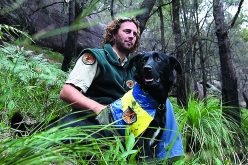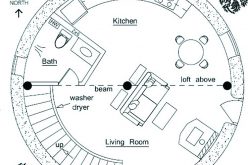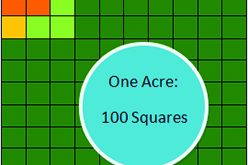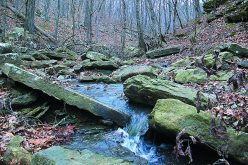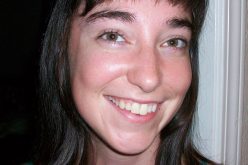Choose Wisely
Invest time, effort in things that matter
Students are now back to school, studying what teachers and professors direct them to learn. But we also have the option of learning more and putting knowledge to work for our dreams of a better world. Of the thousands of ways to do that, here are a few ideas to spark a personal project or aid an organization you love!
• Create a hobby that gains you knowledge useful to your goal. For example, if your goal is to create healthy backyard habitat for wildlife, you might become a naturalist. The Northwest Arkansas Master Naturalists will now be offering semester-long classes in Eureka Springs, Bentonville and Washington counties. For more information and an application, visit WordPress.ArkansasMasterNaturalists.org. I’ve been certified for two years now, and the program is flexible. Don’t have the time or can’t pay the training fee? No problem — there are plenty of free public presentations from a myriad of conservation organizations, and the online world is lush with resources. Or you might just find a fun way to make an already existing hobby, like sewing or running, into a way to make a difference.
• Learn how to improve a nonprofit organization through capacity building. Capacity building is a term that means helping organizations to reach their goals (end hunger, stop deforestation, promote employment or whatever their goal may be). This could include grants, a website, staff, facilities, or anything related to what that organization needs to be successful in eliminating the problem it tackles. It is not a way to volunteer for an hour directly serving someone in need. In this case, the “person” in need is the organization, and capacity builders help organizations because broken organizations may not be able to do much good in the world. The Foundation Center at the Fayetteville Public Library gets lonely sometimes because few people know it’s there or how powerful it is. Located behind the second floor reference desk, it’s filled with the latest and greatest methods to benefit nonprofit organizations.
• Choose a career path or donation pattern that accomplishes as much as possible. Effective altruism is a growing field that encourages intentional, thoughtful giving. You might donate to one of the most effective charities saving the greatest number of children from death, or perhaps you can choose a major and career path that suits you which also maximizes your charitable giving through annual income. Some effective altruists ask for charity donations instead of birthday presents, while others learn about the unique way they can most help the world through a special skill like public speaking or grant writing.
The purpose is to first learn how to help the best we can with what we’ve got, and then give, rather than giving without thinking. Knowledge is power, and it can be applied to making a difference as much as studying for an exam.
Amanda Bancroft is a writer, artist, and naturalist building an off-grid cottage for land conservation on Mt. Kessler. She and her husband Ryan blog about their adventures and offer a solar-hosted online educational center on how to make a difference with everyday choices at www.RipplesBlog.org.

